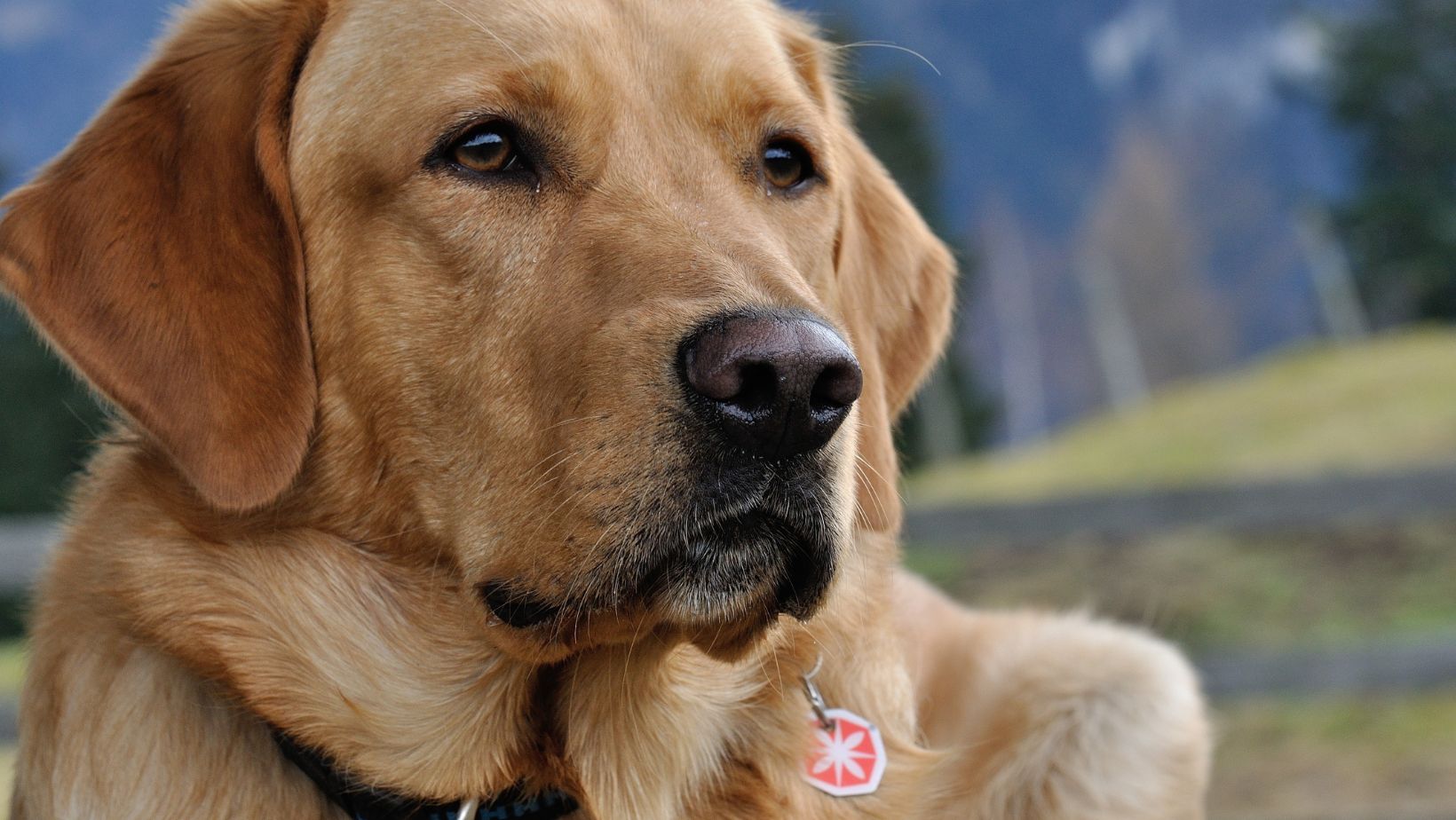How to Stop Food Aggression
If you’re a Labrador owner dealing with food aggression in your furry friend, don’t fret! I’ll share some valuable tips on how to address and stop this behavior. Food aggression can be concerning and even dangerous, but with the right approach, you can help your Labrador overcome it.
Firstly, it’s important to understand that food aggression is a natural instinct for dogs. In the wild, they had to protect their resources to survive. However, as domesticated pets, this behavior is undesirable and needs to be corrected. One effective technique is gradually desensitising your Labrador to their triggers by using positive reinforcement.
To start, create a calm feeding environment for your Labrador. Feed them in a designated area away from distractions and other animals. Additionally, establish consistent feeding times so that your dog knows when to expect their meals. By creating structure around mealtime, you can help reduce anxiety and potential triggers for food aggression.
Next, work on training exercises that promote obedience and reinforce positive behaviors related to food. Teach your Labrador basic commands like “sit,” “stay,” or “leave it.” These commands will not only improve their overall behavior but also give you better control during mealtimes.
Gradually introduce gentle handling during mealtime by lightly touching or petting your dog while they eat. Start with short intervals and gradually increase the duration over time. This process will help desensitise them to human interaction around their food bowl and minimise any defensive reactions.
Remember, consistency is key when addressing food aggression in Labradors or any breed of dog. Be patient and persistent throughout the training process. If you find that these techniques aren’t yielding significant results or if the aggression escalates, consult a professional dog trainer or behaviorist who can provide expert guidance tailored specifically to your Labrador’s needs.
By implementing these strategies along with love and patience, you’ll be well on your way to curbing food aggression in your beloved Labrador.

Understanding Food Aggression in Labradors
Labradors are known for their friendly and outgoing nature, but like any other dog breed, they can sometimes exhibit food aggression. Food aggression is a behavior where a dog becomes possessive or defensive over their food, growling or even biting when someone approaches them while they are eating. As a responsible pet owner, it’s important to understand the reasons behind this behavior and learn how to stop food aggression in your Labrador.
Here are some key points to help you understand food aggression in Labradors:
- Instinctual Behavior: Dogs have natural survival instincts that drive them to guard valuable resources such as food. In the wild, this behavior ensures their own survival and that of their pack members.
- Resource Guarding: Food aggression is often a manifestation of resource guarding, where dogs protect what they perceive as theirs. This can include not only food but also toys, bones, or even resting spots.
- Territoriality: Some Labradors may become aggressive around food because they view it as part of their territory and feel the need to defend it from potential threats.
- Lack of Socialization: Poor socialization during puppyhood can contribute to food aggression in Labradors. If a dog hasn’t been exposed to different people or animals while eating, they may develop anxious or protective behaviors around mealtime.
- Previous Negative Experiences: Dogs that have had negative experiences related to food in the past, such as being bullied by other dogs during mealtime, may develop food aggression as a defense mechanism.
Understanding these underlying factors can help you address and prevent food aggression in your Labrador effectively. By implementing appropriate training techniques and creating positive associations with mealtimes, you can modify your dog’s behavior over time.
Remember that addressing food aggression should be done with care and patience. It’s always recommended to seek guidance from a professional dog trainer or behaviorist who can provide tailored advice for your specific situation.
In the next sections of this article, we will explore practical strategies and techniques to stop food aggression in Labradors. Stay tuned for valuable insights on creating a positive feeding environment and fostering a healthy relationship with your furry friend.